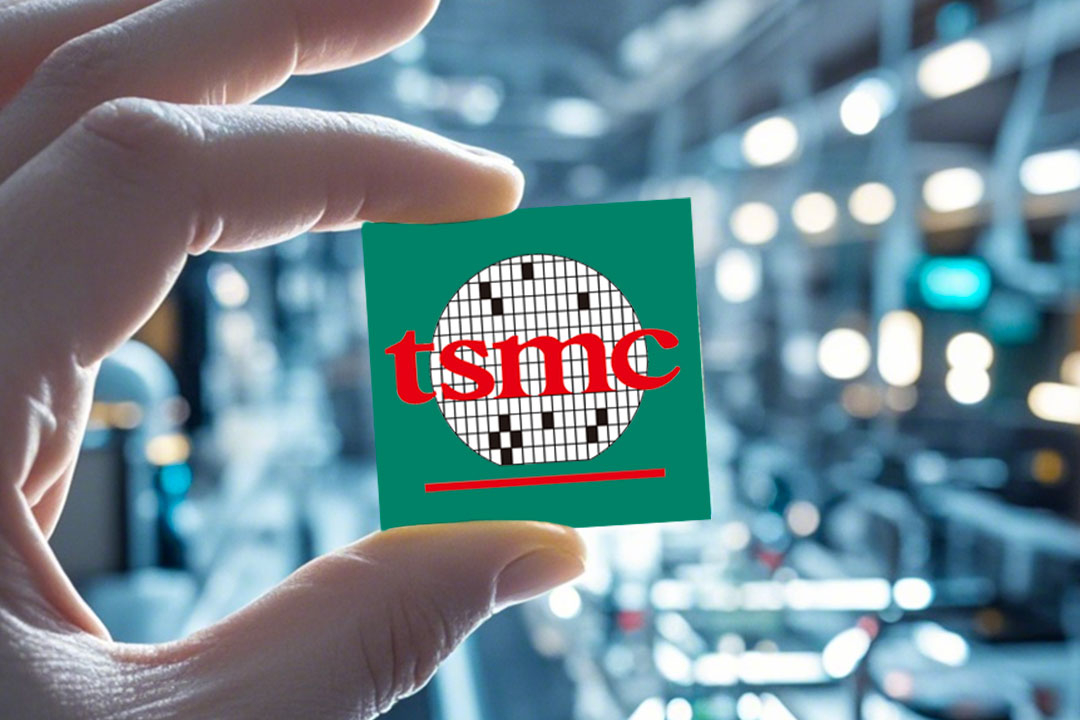Taiwan Semiconductor Manufacturing Company (TSMC), one of the world’s premier semiconductor producers, recently suspended production for Chinese customers following President Trump’s initiative to restrict Chinese access to cutting-edge semiconductor technologies essential to artificial intelligence research projects and computer accelerators such as GPUs – yet another indicator of geopolitical tension’s adverse effect on global supply chains that may impact both Chinese technology companies as well as those producing global semiconductor components.
U.S. Export Controls Enter New Phase
On November 11th 2024, the Commerce Department implemented new export controls which regulate semiconductor chips manufactured using 7 nanometer process nodes or smaller. Such chips are frequently found in artificial intelligence accelerators, GPUs and other critical technologies; under these regulations companies like TSMC must obtain approval from China before shipping overseas.
To comply, TSMC informed its Chinese clients, such as innovators in AI and tech innovation, that its production would no longer reach certain advanced levels. This move aligns with U.S. efforts to limit China’s technological progress that might further military or surveillance capabilities and also demonstrates how difficult it can be adhering to U.S. policies while meeting market needs (Yahoo Finance).
Impact on Chinese Tech Giants
Chinese Tech Giants The suspension of TSMC by its parent company China’s State Administration for Market Regulation comes as an especially harsh blow for leading Chinese technology firms such as Alibaba and Baidu who heavily invested in AI research using custom chips from TSMC for cloud computing, machine learning and natural language processing applications.
Chinese tech firms that lack access to TSMC’s cutting-edge manufacturing capabilities face an impending supply chain crisis; without its capabilities TSMC no longer produces chips at an advanced level that matches domestic manufacturers such as Semiconductor Manufacturing International Corporation (SMIC), who lead in advanced fabrication technology advancement. Without accessing their capabilities TSMC threatens AI projects from being completed on schedule while potentially diminishing global competitiveness (Taiwan News).
U.S. Tightens Export Control Violations
In response to an alert by TSMC about their chips being present in a Huawei AI processor, which requires special licenses before providing American technologies directly or through subsidiaries directly providing those technologies directly or through intermediaries; upon discovering this situation TSMC raised alarm as this raised potential export violations along with additional scrutiny on supply chains.
TSMC’s proactive notification demonstrated its dedication to compliance while the incident illustrated vulnerabilities associated with monitoring advanced semiconductor distribution channels. Following U.S. regulator response, restrictions and oversight increased even further – further evidence of difficulty companies face adhering to complex regulatory frameworks while operating globally connected markets (Yahoo Finance).
Geopolitical Consequences
The suspension of advanced chip production for Chinese clients illustrates an intensified geopolitical competition between the United States and China. Advanced semiconductors play an integral part of both commercial and national security applications; restricting China’s access to cutting-edge semiconductors is intended to limit their progress with military technologies, AI systems, or any other essential industries.
Geopolitical tension presents TSMC with a unique challenge. Adherence to US regulations to continue accessing essential technologies, tools and intellectual property provided by American firms while remaining profitable in China (10% of their sales revenue at present) presents both an essential opportunity as well as significant obstacles when operating at the intersection of tech and geopolitics.
China Strives to Achieve Self-Reliance After the announcement by Taiwan Semiconductor Manufacturing Co (TSMC), China responded immediately by harshly criticizing U.S. export controls as detrimental to Taiwanese companies and increasing tension in the region. As President Hu Jintao reiterated their goal of attaining greater self-reliance for semiconductor production as set out by “Made in China 2025”, Chinese policy has taken steps in response to ensure greater self-sufficiency for semiconductor production by 2025.
Chinese semiconductor firms will reap benefits from China’s renewed emphasis on domestic capacity-building, with SMIC particularly taking advantage of China’s renewed efforts at capacity expansion. But to compete technologically with global leaders such as TSMC will require substantial investments in research and development as well as access to advanced manufacturing equipment regulated for export (though such export restrictions could temporarily boost efforts but ultimately hinder progress )(Reuters).
Broader Implications for the Semiconductor Industry The significance of TSMC’s compliance with new U.S. export controls cannot be overstated: advanced semiconductors play an essential part in powering AI systems, autonomous vehicles and high performance computing – rendering them indispensable assets in today’s modern economy.
Restrictions illustrate the interdependency of semiconductor supply chains like that at TSMC, such as those managed by international networks of suppliers and customers such as those found at TSMC. Businesses dependent on such networks make themselves vulnerable to sudden shifts in trade policies or foreign relations which make their supply chains unpredictable; industries must navigate these complex regulatory environments while adhering to constantly shifting regulations.
This development raises serious concerns for global technology innovation. Limiting access to advanced semiconductors may create bifurcations between different countries’ ecosystems; this would compromise innovation while increasing costs both for businesses and consumers alike.
Potential Industry Adaptations
In response to changes, TSMC and other semiconductor manufacturers could need to adapt by diversifying customer bases and expanding into areas not affected by geopolitical tensions; for example by moving manufacturing facilities closer to U.S. strategic interests while potentially relieving dependence on Chinese customers while realigning more closely with them; expanding into Japan via plans already in motion or opening factories there as examples of adaptation strategies.
Chinese firms will intensify efforts to develop indigenous semiconductor capabilities. While this would likely hasten innovation within China’s tech sector, this effort may present numerous technical and logistical obstacles which must be successfully navigated for its success.

